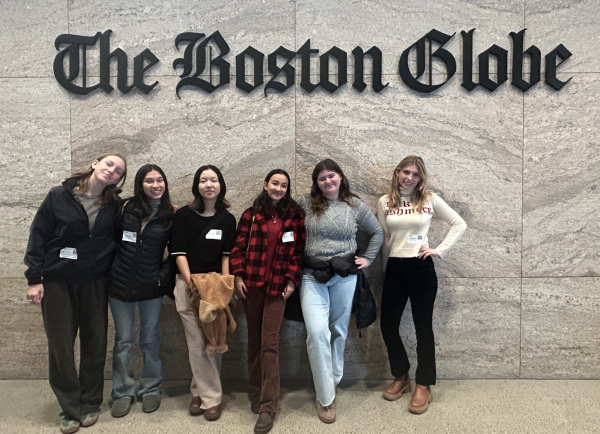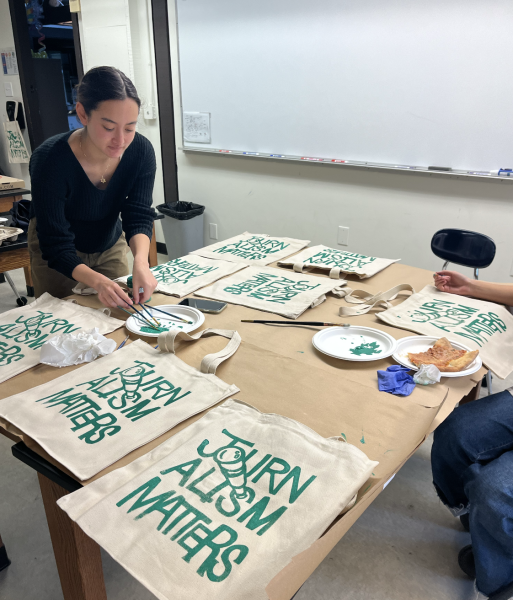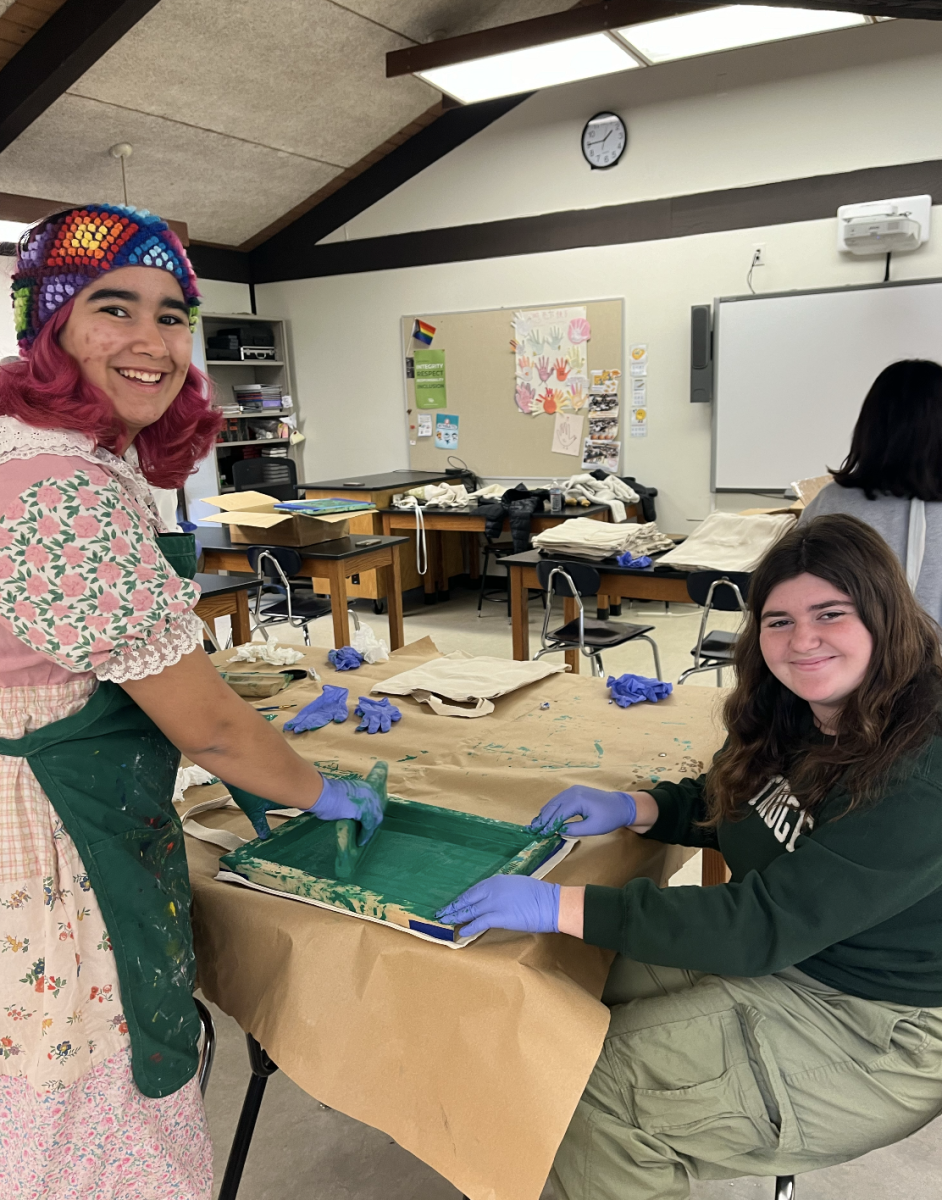A couple weeks ago, as I procrastinated doing my homework by scrolling on X, I saw the unsettling news that the Los Angeles Times, a news source unmatched in their coverage of the Los Angeles happenings, had laid off more than 20% of its newsroom. Around the same time, I learned that Sports Illustrated, a magazine my dad always told me had the best writers in the world, had cut the majority of its staff.
The recent layoffs in journalism are certainly disappointing as a reader, but primarily disheartening as a journalist.
Journalism is something that I have loved since 7th grade when I joined Spyglass and found a club that reflected my values as a person. For one, I love asking questions and I hate not knowing the answers to things. By writing articles, I could investigate the unknown, satisfy my own curiosity, and also inform others.

Moreover, I wanted to make my communities the best they could be. By reporting on issues, I can hold those in power accountable, forcing change for the better. Some of my favorite articles to write have been about controversial topics, including the disparity in 11th grade Discovery Trip options, the cancellation of the San Fernando Valley bus that forced a student to leave Westridge, and how Westridge will handle the rise in artificial intelligence in their future teachings. For each of these articles, I received thoughtful and appreciative feedback from students, parents, and faculty, affirming that controversial articles are often the most important pieces to write. Whether it be a senior member of the Westridge administration telling me they agreed with my article about Discovery Week or a parent showing gratitude for telling their story of losing transportation to school, the articles that affect our community the most are crucial stories to be telling.
Journalism has given me a voice in my community, and as someone who has so much to say, having this outlet has been crucial in helping me develop, articulate, and express my opinions.
Seeing careers in journalism evaporate en masse shows me that journalism is not currently well-supported enough in our society to operate how it should be—with a diverse range of writers, covering topics they know best.
On Thursday, February 22, Spyglass will celebrate Student Press Freedom Day as a part of the Journalism Education Association’s Scholastic Journalism Week. This week is supposed to be a time of celebration for student journalists; this year, it unfortunately falls in a time of turmoil for professional journalists. In light of both situations, celebration and sadness, I remind myself why journalism is so important.

In small and large publications, we inform the general public of the truth. Despite our personal biases, we write the truth, and only the truth—and that’s what makes journalism so important. In a time where false news, especially on social media, is running wild, having journalists dedicated to writing accurate, informed reports is what we need.
That’s what we’re doing at Spyglass.
Though Spyglass does not have the circulation of the New York Times, or even the Pasadena Star News, our beloved publication is one of the most valuable resources Westridge has to offer to its students. Not only can Lower, Middle, and Upper School students read our content, but they can take on the real-life role of being a journalist. In our newsroom, teenagers are transformed from students to journalists, held to the standards of professionals.
This Student Press Freedom Day, I encourage you to engage with our content, whether it be by leaving a comment on an article, talking to your peers about what a piece of news means for Westridge and for you, or by simply reading our articles.
Whether journalism will play a role in my future career path is still something I am not sure about, but I do know that I will continue to support future journalists and their work in whatever shape or form it takes. I have no doubt that journalism will continue to survive; writers will find ways to adapt and continue to provide the public with accurate news and I will be supporting its evolution every step of the way.




























![Dr. Zanita Kelly, Director of Lower and Middle School, pictured above, and the rest of Westridge Administration were instrumental to providing Westridge faculty and staff the support they needed after the Eaton fire. "[Teachers] are part of the community," said Dr. Kelly. "Just like our families and students."](https://westridgespyglass.org/wp-content/uploads/2025/03/dr.-kellyyy-1-e1748143600809.png)

























